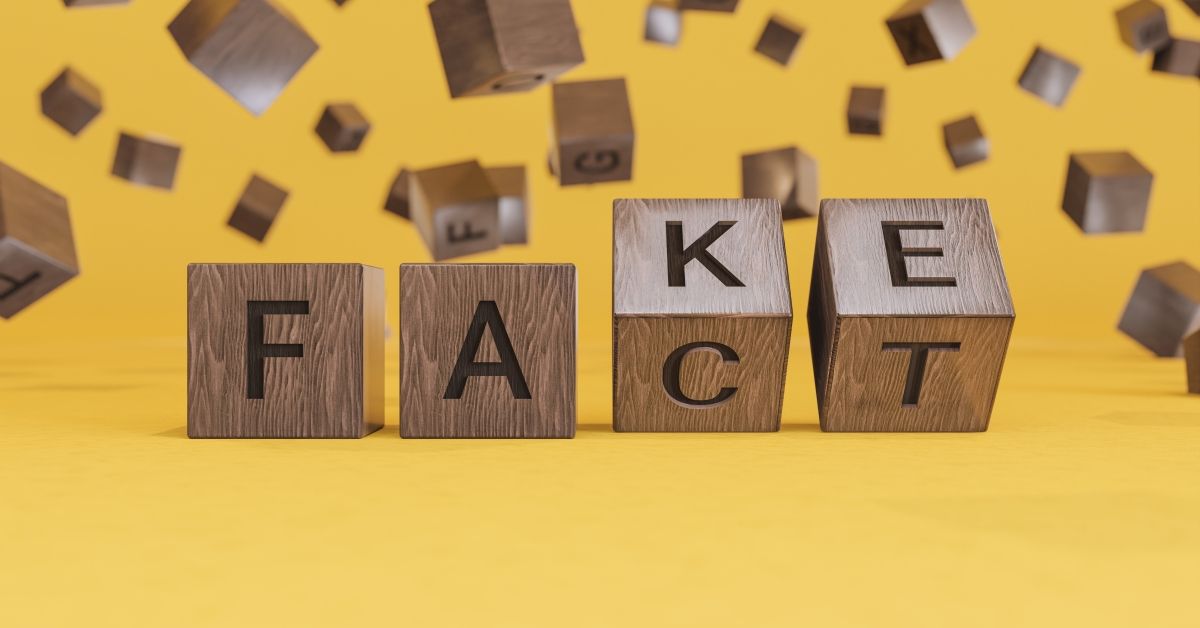Making sure to not spread misinformation during the ongoing COVID-19 pandemic is a responsibility we all share. We’ve assembled four easy tips to help recognize — and inhibit the spread of — bum info.
Don't Be Too Quick To Share
It's tempting when you come across seemingly important information, good or bad, to click the share button and pass it along to everyone you know. Resist the impulse and give yourself the opportunity to learn more and verify, so you can feel confident about the accuracy of what you're communicating to friends and loved ones. It's critically important in a pandemic.
Beware of Secondhand Claims
Secondhand or "friend-of-a-friend" stories may sound convincing, but remember, you're at least two "degrees" removed from being able to verify their accuracy. This pertains not only to personal anecdotes but purported medical information, as well. If a Facebook post describes something that a doctor or nurse supposedly wrote or said, for example, and the person posting has no apparent connection to them and provides no sources, it may contain misinformation.
Always Double-Check the Facts
When more people are spending time inside, community websites like Nextdoor are perhaps more useful than ever. However, in staying connected with friends and neighbors online, be careful to not instantly share or believe what people tell you about COVID-19. Always double-check the facts, especially if you plan on sharing information with others. While you're at it, make it a point to share links to reputable medical sources so others can double-check, too.
Beware of Scams
While most people seem to instinctively want to come together and look out for one another in a time of crisis, there are always a few who succumb to the opposite impulse and seek to take advantage for personal gain. Carefully weigh pitches you see for "miracle cures" and fundraising drives. Check in on elderly family, friends, and neighbors, and tell them to be cautious of giving to fundraisers — whether online, by phone, by mail, or door-to-door. Some may be fraudulent. Check our scams section for the latest.
A Short List of Reputable Medical Sources:
- Centers for Disease Control and Prevention (CDC)
- USA.gov: Coronavirus Information
- Mayo Clinic: Coronavirus Disease 2019 (COVID-19)
- Johns Hopkins Medicine: COVID-19 - Myth vs. Fact
- FDA: COVID-19 Frequently Asked Questions
Have you spotted what appears to be COVID-19 misinformation in the wild? Let us know.
A version of this article originally appeared in the Snopes Digest member newsletter.
